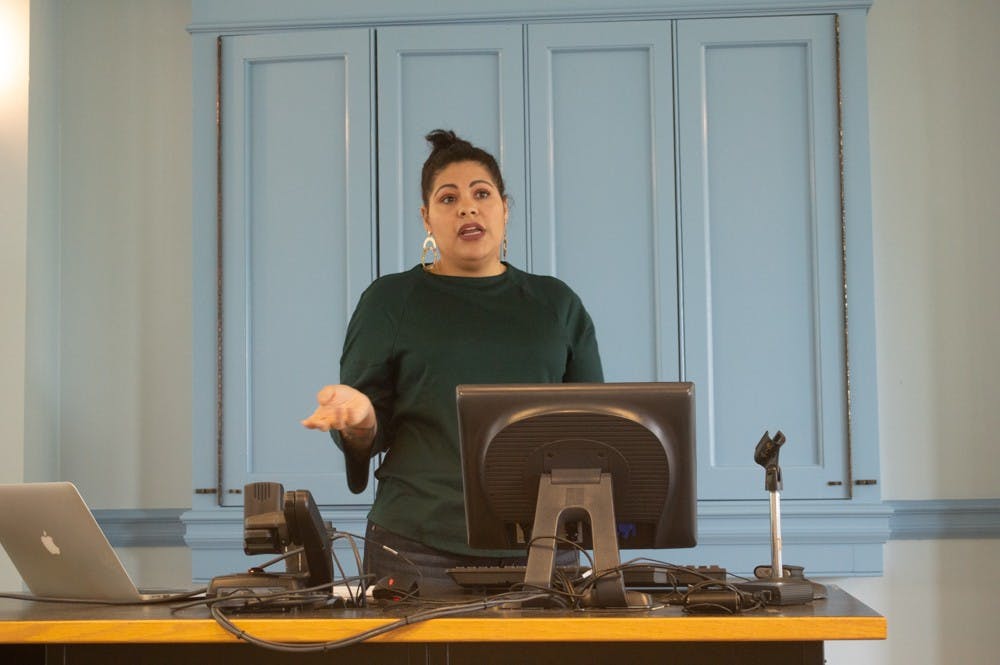As Jasmine Banks explains it, universities do not fall into business mogul and prominent donor Charles Koch’s pocket overnight.
The process can start with a small, no-strings-attached seed donation, she said. Professors may think it doesn’t matter where funding comes from, so long as the organization does not tell them what to do.
But Banks, the executive director of UnKoch My Campus, said this money is anything but innocuous. Her organization is concerned about Koch money supporting anti-protest legislation, interfering in hiring and promotions and creating a campus culture that supports Koch’s own means.
Banks spoke at the North Carolina Conference of the American Association of University Professors on Saturday about where Koch money exists on UNC’s campus and what UnKoch My Campus has done at other universities to take steps toward removing it.
The Charles Koch Foundation's website says that it supports a diversity of viewpoints and allows faculty to call the shots with grants. However, the foundation has been accused of making donations in order to preserve a conservative or libertarian worldview. Like many large universities, UNC has received donations from the foundation — including a pledge of $3.4 million to the Philosophy, Politics and Economics program in 2018.
“The important thing for you to understand about PPE is that in a state overrun by racially motivated gerrymandering and voter suppression, the curriculum and the context of this strategy is really critical,” Banks said. “There’s a reason why North Carolina was chosen for this.”
PPE was established as a minor at UNC in 2005. It also exists as a certificate program at Duke University, and students from both schools can take classes at the other to fulfill their requirements.
Michael Munger, director of PPE at Duke, thinks there is a double standard where faculty disagree with Koch funding, but have less of an issue with donors such as David Rubenstein — who contributed heavily to Duke’s School of Public Policy — and George Soros.
Still, Munger believes that donors almost always have an influence on university programs. The important distinction to make, he said, is that what happens with funding should be something faculty wanted to do anyway and should be led by faculty through transparent processes.




